Exploring the bountiful gifts of the earth, many health-conscious individuals turn to the wisdom of Mother Nature when choosing dietary supplements. Mother Nature knows best seems to be a guiding principle for those advocating for whole food (real food) supplements, which are believed to offer a more natural and harmonious approach to nutrition.
Amidst the sea of dietary options, whole food supplements stand out as they aim to provide nutrients in their most natural form. These supplements harness the synergy of nature’s offerings, presenting a compelling case for their integration into our daily wellness routines.
Does Mother Nature know best?
There’s a growing consensus that nature’s complexity cannot be replicated by man-made concoctions. Whole food supplements are designed to mimic the nutrient profile of real foods, thus preserving the integrity of their naturally occurring vitamins, minerals, and other beneficial compounds.
The term “whole food supplements” refers to products made from concentrated, dehydrated whole foods. Unlike synthetic vitamins, which are isolated and chemically engineered, these supplements aim to deliver nutrients in a more bioavailable form. This means the body can recognize and utilize these nutrients more effectively, as they come in a similar form to those found in the actual foods we eat.
Whole food supplements benefits are numerous, ranging from their nutritional completeness to the inclusion of additional health-promoting phytonutrients. They also often come without the potentially harmful additives and fillers found in many conventional vitamins.
What are whole food supplements?
When considering choosing natural supplements, it’s essential to understand what sets whole food options apart. These supplements contain ingredients sourced directly from food items, including a variety of fruits, vegetables, grains, and other plant-based sources.
The concept behind whole food supplements is to provide nutrients as they are found in nature, complete with their complementary enzymes and cofactors that aid in absorption and effectiveness. This approach is often contrasted with synthetic vitamins, which may not be recognized or utilized by the body as efficiently as nutrients from whole foods.

These products aim to offer a more balanced and holistic approach to supplementation, often incorporating a blend of nutrients that work together to support overall health. The keyword to remember here is “synergy”—the idea that the sum of the whole is greater than its individual parts.
How do whole food supplements compare to synthetic vitamins?
The debate between whole foods vs. synthetic vitamins is a heated one, with advocates on both sides presenting compelling arguments. However, the consensus seems to lean towards whole food supplements for their closer resemblance to the foods our bodies have evolved to digest and utilize.
One primary advantage of whole food supplements is the concept of nutrient synergy. Nutrients found in whole foods are accompanied by a host of other compounds, such as phytonutrients, that may enhance their absorption and efficacy.
On the other hand, synthetic vitamins are isolated nutrients created in a lab. While they can be beneficial, especially in cases of deficiency, they lack the complexity of whole foods and may not be absorbed or utilized by the body as effectively.
Understanding the nutritional value of whole foods is crucial when making informed decisions about supplementation. The natural matrix of vitamins, minerals, antioxidants, and enzymes found in whole foods is often lost in the process of creating synthetic supplements.
What nutrients are found in whole food supplements?
Whole food supplements are rich in a variety of nutrients that are essential for maintaining good health. These include a wide array of vitamins, such as vitamin C from acerola cherries or vitamin E from sunflower seeds.
They also contain essential minerals like calcium, magnesium, and potassium, sourced from plant-based ingredients. These supplements offer an array of antioxidants and phytonutrients, which support various bodily functions and help protect against cellular damage.

The health benefits of plant-based diets are well-documented, and whole food supplements align with these principles. They provide not just isolated nutrients, but a complex array of compounds that work together to support health and wellness.
Are there risks associated with supplementing?
While the benefits of supplementation are clear, especially for those with dietary restrictions or increased nutritional needs, there are potential risks to consider as well. Excessive intake of certain nutrients, particularly fat-soluble vitamins, can lead to toxicity.
It’s also important to be aware of additives and artificial ingredients in some supplements that can negate the potential health benefits. Consumers should be vigilant about choosing supplements that are free from these harmful substances.
Furthermore, individuals should consult with healthcare providers before beginning any supplementation regimen. This is especially true for those with underlying health conditions or those taking medications, as there can be interactions between supplements and prescription drugs.
How to choose the right whole food supplement?
Selecting the right whole food supplement requires careful consideration of several factors. First, consider the source and quality of ingredients. Look for supplements that use organic, non-GMO ingredients and provide transparent information about their sourcing.
- Check for third-party certifications and testing to ensure the purity and potency of the product.
- Examine the nutritional profile to ensure it aligns with your dietary needs and health goals.
- Consider the processing methods used to create the supplements, opting for those that use low-heat or no-heat methods to preserve the integrity of the nutrients.
Lastly, individual health considerations, such as allergies or specific nutrient deficiencies, should guide your choice of supplement. A tailored approach will always be more effective than a one-size-fits-all solution.
Is it possible to get all nutrients from food alone?
In an ideal world, we would obtain all necessary nutrients from our diet. However, factors such as soil depletion, busy lifestyles, and dietary preferences can make it challenging to achieve this through food alone.

While it is certainly possible to get most nutrients from a well-balanced diet rich in fruits, vegetables, whole grains, and lean proteins, there are circumstances where supplementation can be beneficial. For example, individuals with specific dietary restrictions, such as vegans, may require B12 supplements, which are not readily available in plant foods.
The key is to focus on a diverse and balanced diet, using supplements as a way to fill in potential nutritional gaps rather than as a primary source of nutrients. Community-supported agriculture and shopping local can also increase access to fresh, nutrient-rich foods.
Related Questions on Whole Food Supplements
Why Eating Actual Whole Food Is Better Than Taking Supplements?
Whole foods provide a broad spectrum of nutrients in a form that our bodies have evolved to recognize and utilize. They also offer dietary fiber, which is lacking in supplements, and are essential for digestive health.
Eating whole foods also encourages a more varied diet and can lead to better health outcomes. The process of eating and digesting whole foods also triggers satiety signals in the brain, which can help with weight management.
What Is Nature’s Most Perfect Food?
While no single food can claim the title of being “most perfect,” foods like blueberries, spinach, and salmon are often cited for their high nutrient density and wide range of health benefits.
These “superfoods” are packed with vitamins, minerals, antioxidants, and other phytonutrients that support a healthy body. The key is to include a variety of such foods in one’s diet to ensure a well-rounded intake of nutrients.
What Is the Best Brand of Fruit and Vegetable Supplements?
Choosing the best brand of fruit and vegetable supplements comes down to personal needs and preferences. Look for brands that use organic, non-GMO ingredients and have a transparent supply chain.

It’s also wise to consider brands that have a strong reputation for quality and have undergone third-party testing to verify the potency and purity of their products.
Are Whole Food Supplements Better Than Synthetic Vitamins?
Whole food supplements are generally considered superior to synthetic vitamins for several reasons. They are more easily recognized and used by the body and provide a broader range of nutrients.
Moreover, whole food supplements support the principle of nutrient synergy, where the combined effect of various nutrients is greater than the sum of their individual effects.
As we delve deeper into the benefits of whole food supplements, let’s take a moment to watch an insightful video on the topic:
In conclusion, selecting whole food supplements can be a valuable addition to a balanced diet. As we continue to seek harmony with Mother Nature, it’s clear that when it comes to nutrition, the wisdom of natural, whole foods is unparalleled.
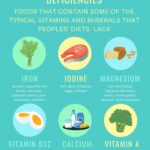 These key nutrients help to detox our body naturally: here’s what to eat
These key nutrients help to detox our body naturally: here’s what to eat

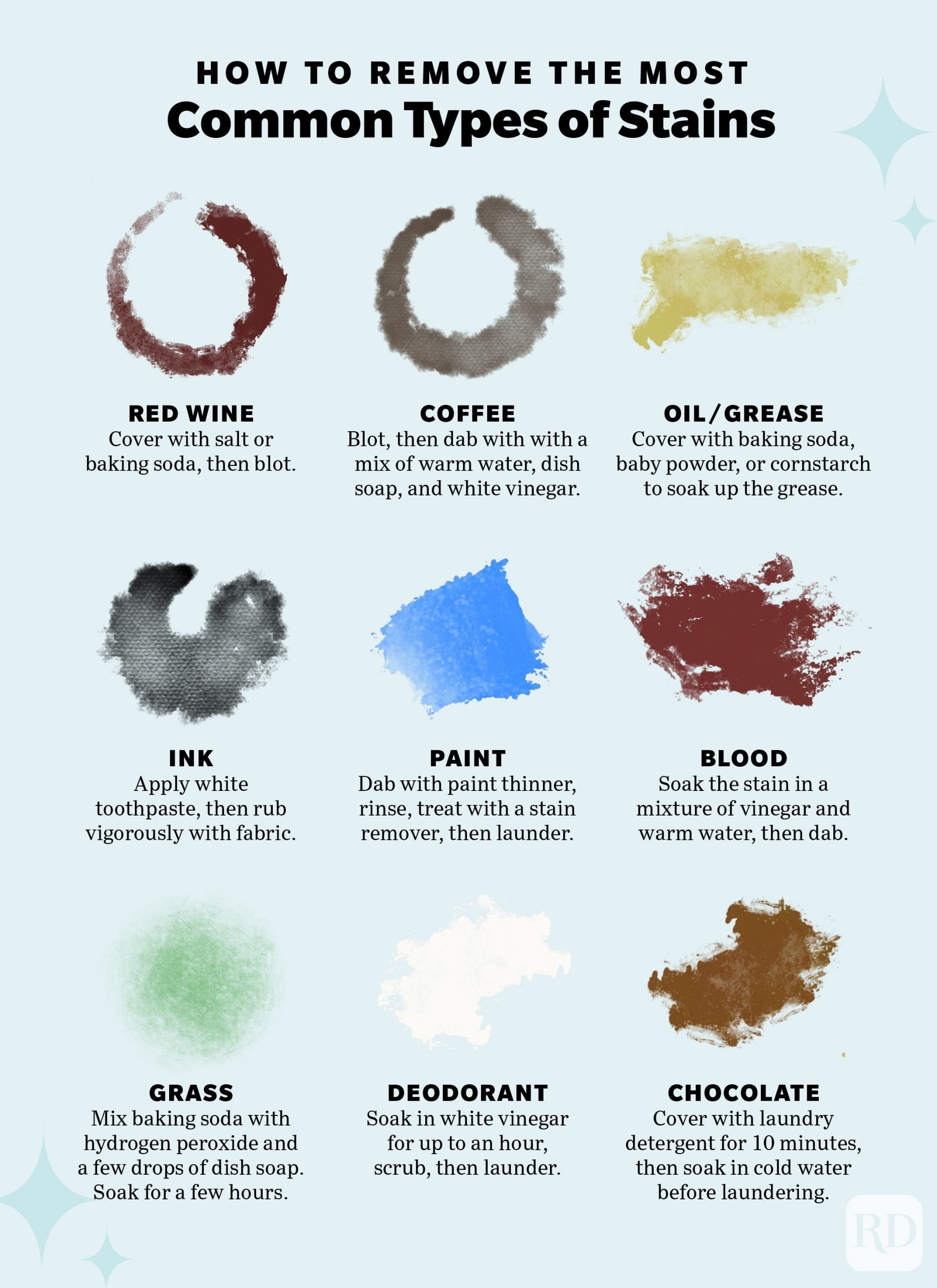
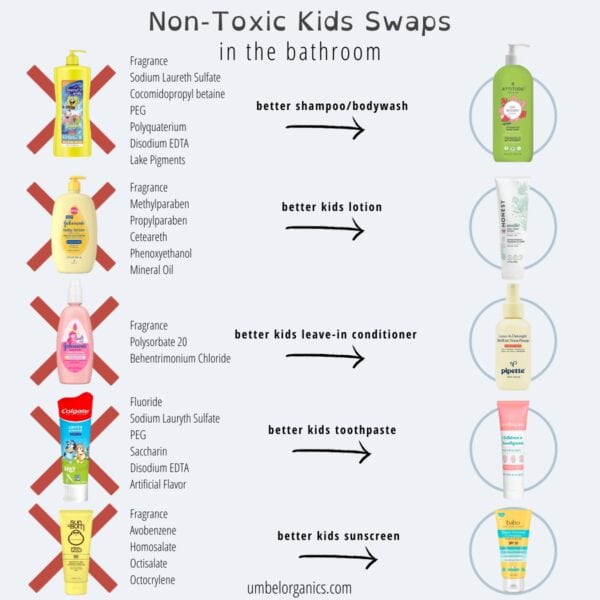

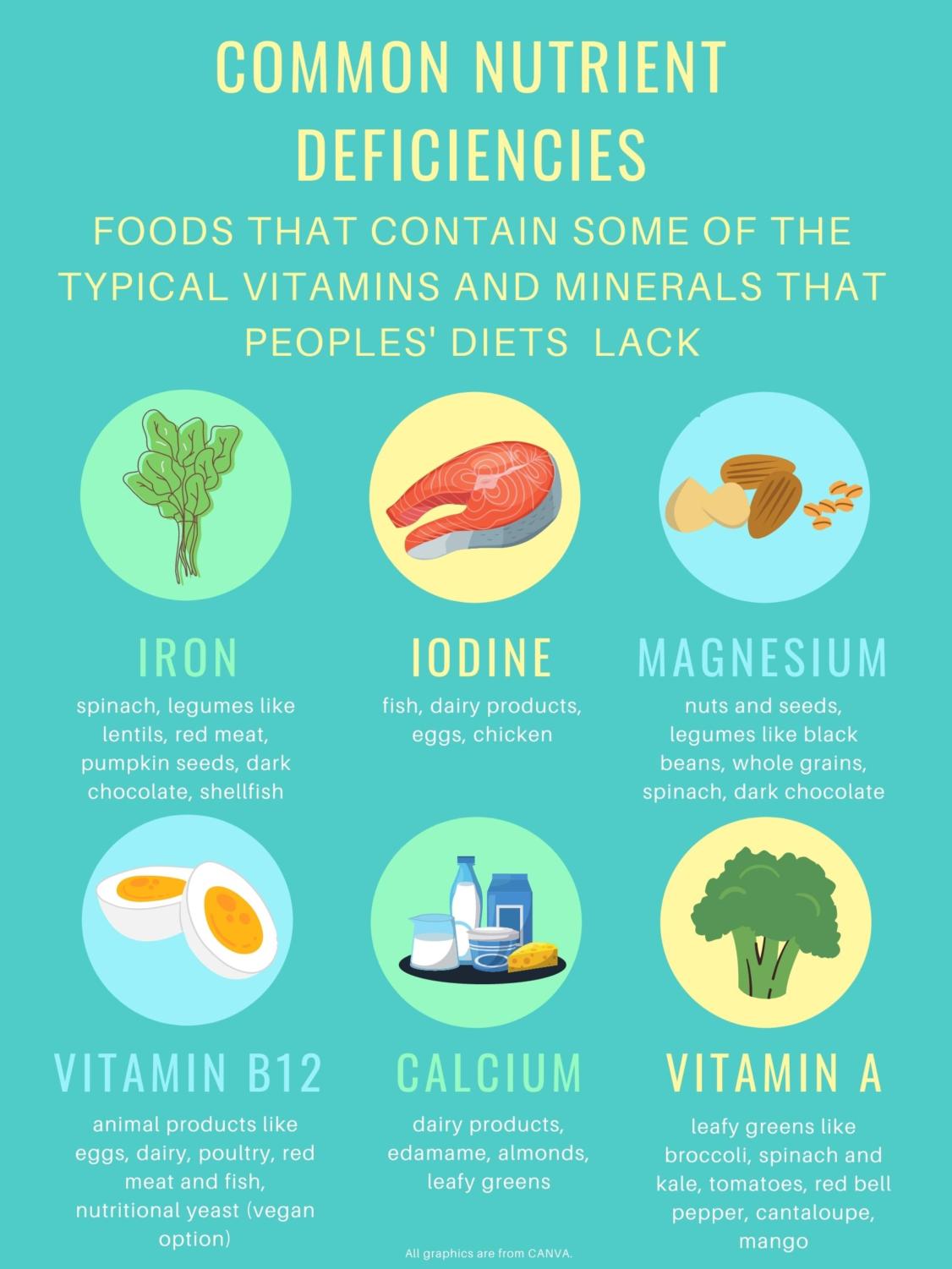
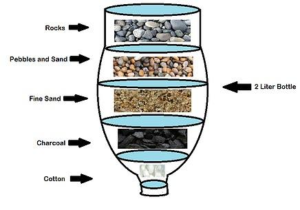
This post is a great reminder of how important it is to prioritize natural sources of nutrition. I love how it breaks down the benefits of whole food supplements, emphasizing their natural synergy and bioavailability. It’s awesome to see a focus on a balanced approach to health, acknowledging the complexity of nutrients in their whole form. Definitely makes me rethink my own supplement choices and appreciate the power of nature in supporting our wellness!